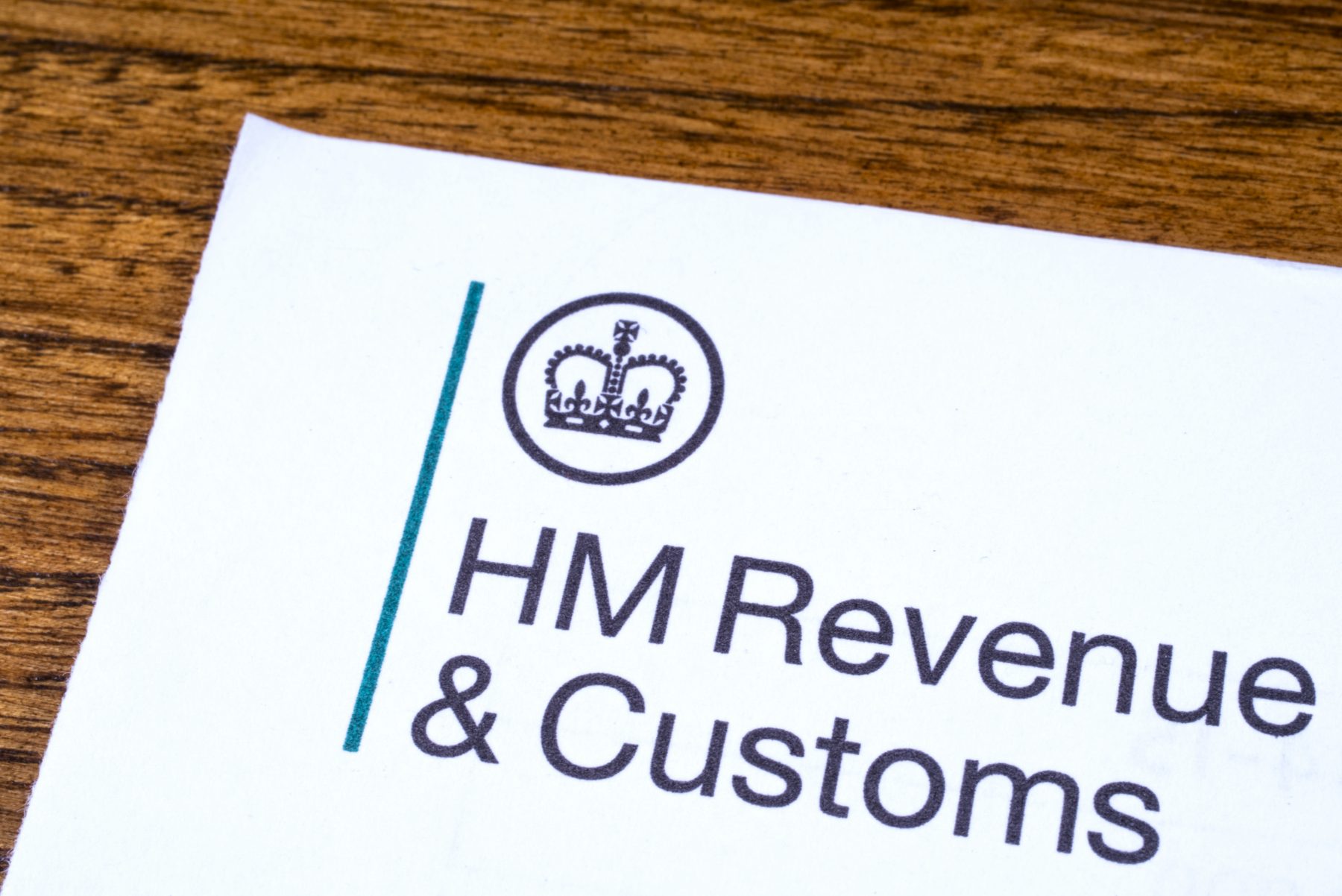According to Jeremy Hunt, where his Autumn Budget offered stability, the Spring one prioritised growth.
As always, there was a mixture of policies for businesses and individuals. Though untapped industries got a particular focus, the incoming changes will affect wide swathes of businesses.
In this post, we’ll be talking you through the major changes announced in the budget, and the potential impact these could have on your business.
Business Announcement 1: Corporation Tax
UK companies, and foreign companies with UK offices, pay the government Corporation Tax. It’s charged on the amount of profits they make – and will rise from 19% to 25% in April. This confirms a move previously mooted by Liz Truss after her ill-fated mini budget.
But, there are some caveats that will impact smaller businesses. For example, businesses with profits of less than £50,000 will continue to pay 19%, with the amount rising as their profits do.
The government will also allow businesses to subtract money spent on investments from the profits they pay Corporation Tax on. This includes things like IT equipment, machinery and office furniture). This change is set to last for three years, with a view to it becoming permanent after that.

According to The Office for Budget Responsibility (OBR), this policy will be one of the biggest earners for the government, raising about £20bn a year by 2027-28. However, as pointed out by MAKE UK, these changes aren’t as wide-reaching as they might seem. Though they stop the UK’s decline on tables of long-term business investment, they only cover new equipment. This could negatively impact SMEs, who tend to buy assets second-hand or lease them – and thus wouldn’t enjoy this reduction.
Business Announcement 2: Pensions
The Chancellor announced changes to two areas of the pensions system: the lifetime allowance and the annual pension allowance.
Pension Lifetime Allowance
The pension lifetime allowance is the largest amount of private pension savings a person can build up without having to pay tax on top. The limit for this was at over £1,000,000. Though some people thought the allowance could go up even further in this Budget, the Chancellor actually abolished it entirely meaning people are able to build up even more in their pension pot.
The allowance will begin to be phased out from 6th April, with it being fully gone from April 2024.
Annual pension allowance
This is the highest amount of money a person can pay into a private pension without being penalised. It’s currently £40,000, but is set to increase by 50% in April, to £60,000.
These changes focused on curbing a large number of early retirements by senior employees, from the NHS and other professions. Though the OBR – the government’s independent economic forecaster – said they would increase employment by 15,000 workers, the IFS said these numbers may not be accurate.
Business Announcement 3: Investment Zones
If this sounds familiar, it’s because it’s been mentioned before. Investment Zones were first introduced as part of the Truss premiership – and though the bones of the scheme remain largely the same this time around, the plans have been scaled back. Where there were visions of nearly 200 potential investment zones, that number is now 12. The zones are:
- West Midlands
- Greater Manchester
- The north-east
- South Yorkshire
- West Yorkshire
- East Midlands
- Teesside
- Liverpool

Four zones will also be in place across Scotland, Wales and Northern Ireland.
In a bid to emulate the success of Canary Wharf, these areas will receive £80m of support over five years. Even with some features of the Truss scheme gone – like relaxed planning regulations – this will hopefully bring money into areas underserved by government investment.
Business Announcement 4: Research & Development
Research and development formed a large part of the announcements in the Budget. While some targeted specific sectors, others had implications for all businesses.
Carbon capture usage and storage
Often, business innovation and sustainability go hand-in-hand. This was behind an investment in more sources of domestic energy – including £20bn over the next twenty years towards low-carbon energy projects. Initially, this money will help pre-existing projects, but will expand across the country as the UK continues on a path to being net zero by 2050.
The government has said that these projects will create up to 50,000 new jobs. Professor Karen Turner, Director of the University of Strathclyde’s Centre for Energy Policy, said that though the Budget in general had “limited focus on exploiting green growth opportunities“, what was announced represented “important foundations for delivering sustainable ‘green growth’.“
New R&D scheme
Changes to the Research and Development tax relief scheme were already announced in the Chancellor’s Autumn Statement, with a decreased amount of relief and SME credit rate in response to abuse of the system. He promised that government would work with industry to work out support plans for R&D intensive SMEs. The result of that work is the new enhanced credit.
This credit means that if a loss-making SME spends 40% or more of their total expenditure on R&D, they can claim a credit worth £27 for every £100 they spend.
So, for example, if a company spends £2 million on research and development, they’d get over £500,000 of credit back.
This will be a welcome announcement for those businesses that qualify, offsetting the reductions mentioned above. Indeed, Mark Minihane, Advanced Manufacturing and Mobility Tax Leader at EY in the UK, called these reforms “encouraging for the manufacturing sector.” However, many businesses will not reach the 40% threshold needed to access this tax relief in the first place, meaning its impact may be lessened.
Business Announcement 5: Energy Bill Support
As predicted, the current scheme – the Energy Bills Relief Scheme or EBRS – will be replaced by the Energy Bills Discount Scheme (EDBS) from April 1st.
Where the previous scheme capped wholesale energy costs, its replacement applies a discount if the contract energy price is above a threshold price. This new scheme will last until April 2024, and applies to all eligible non-domestic gas and electricity contracts (which includes some businesses).
Businesses that use higher levels of energy (energy-intensive industries, or EIIs) can get larger discounts on their energy bills. As with the R&D schemes above, high thresholds mean many businesses won’t meet the criteria for this – up to 77% according to Make UK.

The list of eligible industries can be found here.
Compared to its predecessors, this budget was less eventful – perhaps on purpose. The Chancellor declared it a budget that would “build for the future” – but with so much still in flux, it remains to be seen what that future holds.
If you want to dive deeper into the Spring Budget and its measures for business, you can read the government’s full document here.
No matter what regulations change, Sage software is the best-in-class solution for your business finances. Contact PKF Smith Cooper Systems today on 01332 959008, or use the enquiry form.
Interested to know more about our Sage solutions?
Call 01332 959008 or enquire online today
"*" indicates required fields

